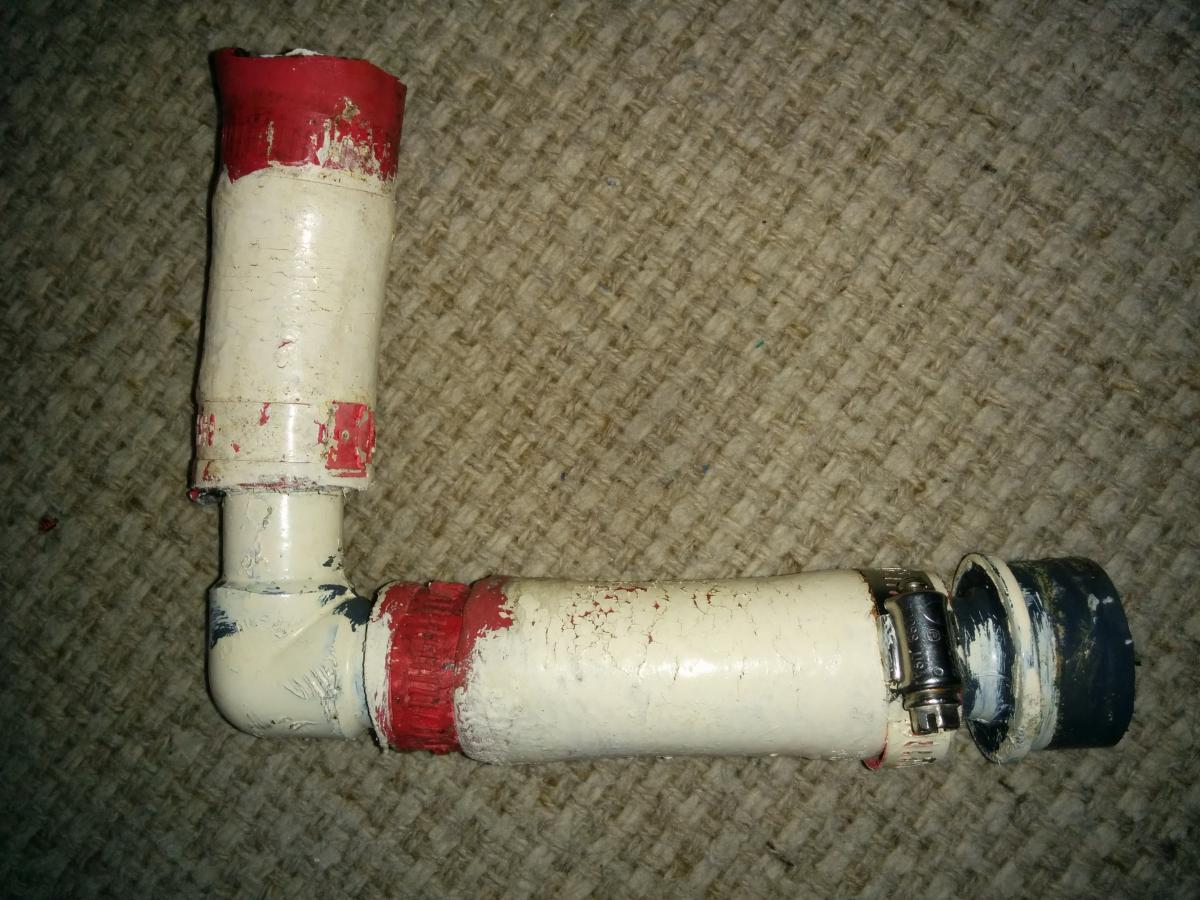adornato
Senior Member
- Joined
- Oct 10, 2007
- Messages
- 121
- Location
- USA
- Vessel Name
- Sarah McLean
- Vessel Make
- Mainship 30 Pilot
My vintage car club has a monthly feature: Dear Previous Owner which points out shortcomings they would have liked to known about prior to purchase or interesting followup for the PO like the lug nuts were loose on the right front wheel.
It seems like Dear PO would work here too.
E.g. Dear PO, it was really cool that you installed a fresh water toilet system on the Mainship 30 you sold me but you didnt realize that the bottom of the water tank is higher than the top of the toilet bowl. So that's why there is a shutoff valve in the engine room on the water tank. You told me you never used the toilet...now i know why.
And.... the new shore power battery is really cool but no one noticed that there is no combiner so the house batteries are not charged by the engine. Makes anchor outs dark.
best wishes
bruce
It seems like Dear PO would work here too.
E.g. Dear PO, it was really cool that you installed a fresh water toilet system on the Mainship 30 you sold me but you didnt realize that the bottom of the water tank is higher than the top of the toilet bowl. So that's why there is a shutoff valve in the engine room on the water tank. You told me you never used the toilet...now i know why.
And.... the new shore power battery is really cool but no one noticed that there is no combiner so the house batteries are not charged by the engine. Makes anchor outs dark.
best wishes
bruce



